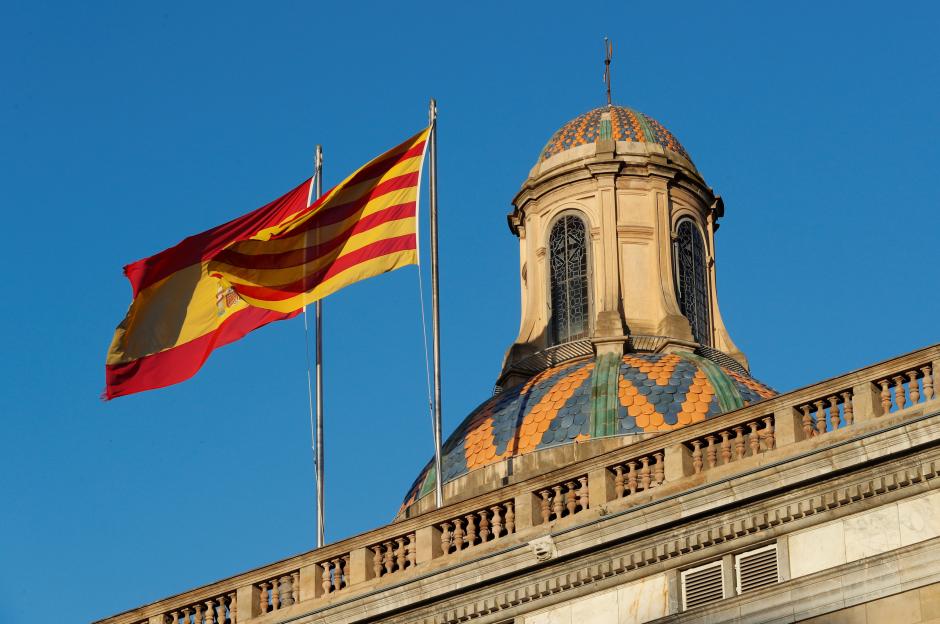Spain enforces direct rule on Catalonia, work resumes normally
Mon 30 Oct 2017, 20:58:24

Work resumed normally in Catalonia and calm reigned on the streets on Monday despite calls for civil disobedience from secessionist politicians, in early signs the direct rule imposed to stop an independence bid was taking hold.
Although some public sector workers have yet to tell their new bosses whether they will accept orders, the lack of unrest came as a relief for financial markets, which rose.
Catalonia, a prosperous region with its own language and culture, triggered Spain's biggest crisis for decades by holding an independence referendum on Oct. 1, which Spanish courts called illegal.
Spain's Prime Minister Mariano Rajoy assumed direct control of the region on Friday, sacked its secessionist government and called a snap election for Dec. 21.
However, some of the most prominent members of the Catalan administration, including its president Carles Puigdemont and vice-president Oriol Junqueras, had said they would not accept the move and only the people of Catalonia could dismiss them.
The main civic groups behind the pro-independence campaign had called for widespread civil disobedience, and said that
public sector workers such as teachers, firefighters and the police should refuse orders from the central authorities.
public sector workers such as teachers, firefighters and the police should refuse orders from the central authorities.
But most workers started their working day at 9 a.m. (0800 GMT) as normal and there was no sign of widespread absenteeism.
Most sacked Catalan leaders remained ambiguous on Monday and stopped short of directly defying Spain's authority. There were no signs of any spontaneous demonstration taking place.
Spain's public prosecutor was expected to file complaints for disobedience with Spain's High Court against Puigdemont and other senior Catalan leaders.
Puigdemont posted a picture from within the regional government headquarters on Instagram but he was not seen entering the building, suggesting the photo may have been taken by someone else.
Regional transport chief Josep Rull posted on Twitter a picture of him working in his office but he was later seen leaving the building. Spain's transport minister said in a radio interview Rull would be allowed to collect his personal belongings but not work there.
When he left, Rull said he would now attend a meeting of his PdeCat party (Catalan Democratic Party).
No Comments For This Post, Be first to write a Comment.
Most viewed from International
Most viewed from World
AIMIM News
Latest Urdu News
Most Viewed
May 26, 2020
Do you think Canada-India relations will improve under New PM Mark Carney?
Latest Videos View All
Like Us
Home
About Us
Advertise With Us
All Polls
Epaper Archives
Privacy Policy
Contact Us
Download Etemaad App
© 2025 Etemaad Daily News, All Rights Reserved.



.jpg)






.jpg)
.jpg)








.jpg)
.jpg)
.jpg)
.jpg)
.jpg)

















